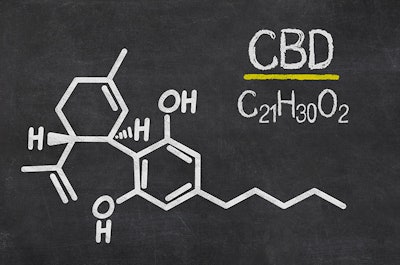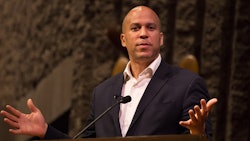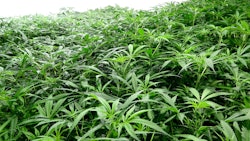
In an Aug. 14 notice requesting public comments for a UN drug committee, the U.S. Food and Drug Administration (FDA) said CBD was the only beneficial substance on the international committee’s list of 17 substances under review.
In the descriptions of the substances under review, the FDA stated, “CBD has been shown to be beneficial in experimental models of several neurological disorders, including those of seizure and epilepsy. In the United States, CBD-containing products are in human clinical testing in three therapeutic areas, but no such products are approved by FDA for marketing for medical purposes in the United States.”
The notice goes on to say that CBD is a Schedule I controlled substance under the Controlled Substances Act (CSA).
UPDATE: WHO Report Finds No Public Health Risks or Abuse Potential for CBD
The FDA is looking for public input on CBD’s (and the other 16 substances’) abuse potential, actual abuse, medical usefulness, trafficking and availability for medical use based on potential schedule changes. The FDA will use this information to prepare a response from the United States to the United Nations (UN) World Health Organization (WHO) about the abuse liability and diversion of the drugs. WHO will then use the information to consider whether certain international restrictions, such as limiting the substances’ manufacture and distribution, should be placed on the drugs under the 1971 Convention on Psychotropic Substances.
CBD is one of the numerous cannabinoid compounds found in in the cannabis plant, and CBD oil can be taken orally, rubbed on the skin, inhaled through vapor or used intravenously for therapeutic uses, according to a Medical News Today report. It can be used as a natural anti-inflammatory and as a treatment for pain, epilepsy, anxiety and other mental health disorders, cancer, Type 1 diabetes, acne and Alzheimer’s disease, per the report, with the most common side effect being fatigue.
CBD is not psychoactive, meaning that it does not change the state of mind (in other words, cause a “high”) of the person who uses it. Although it was once thought that CBD acts on the body’s CB2 receptors, it has been found that CBD instead seems to influence the body to use more of its own cannabinoids, Medical News Today reported.
Electronic or written comments regarding CBD and the other substances under review must be submitted to the FDA by Sept. 13. Written comments can be mailed to: Dockets Management Staff (HFA-305), Food and Drug Administration, 5630 Fishers Lane, Rm. 1061, Rockville, MD 20852.


























